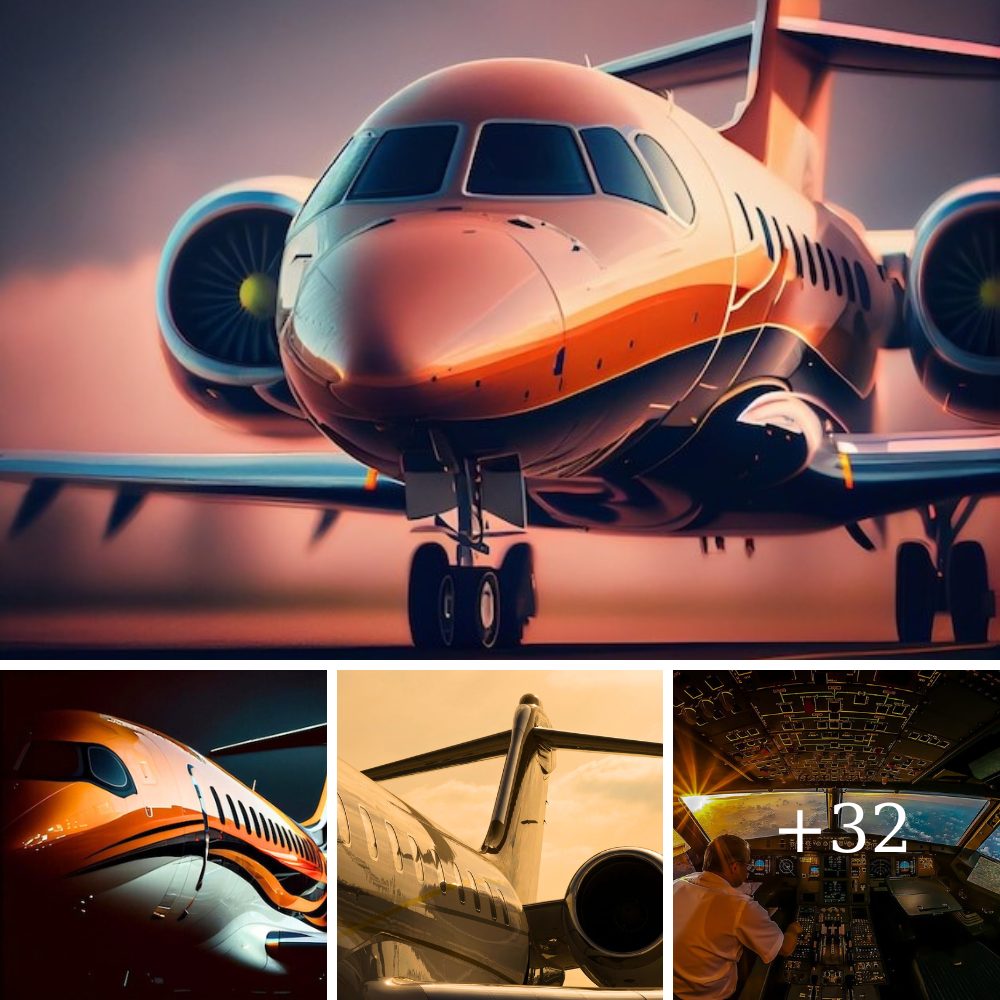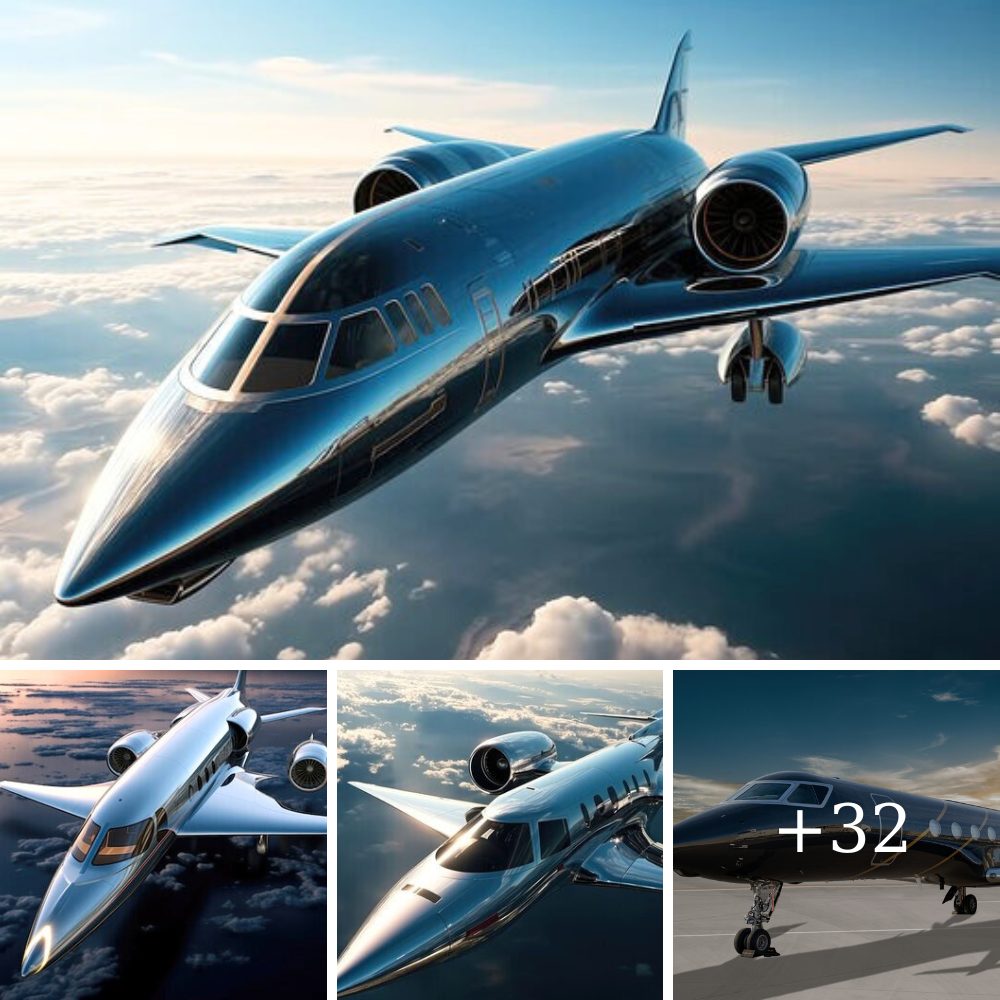Deutsche Welle: Professor Kallo, you are currently conducting research into planes powered by batteries rather than petroleum at the German Aerospace Center (DLR). When will we be able to travel in electric planes?
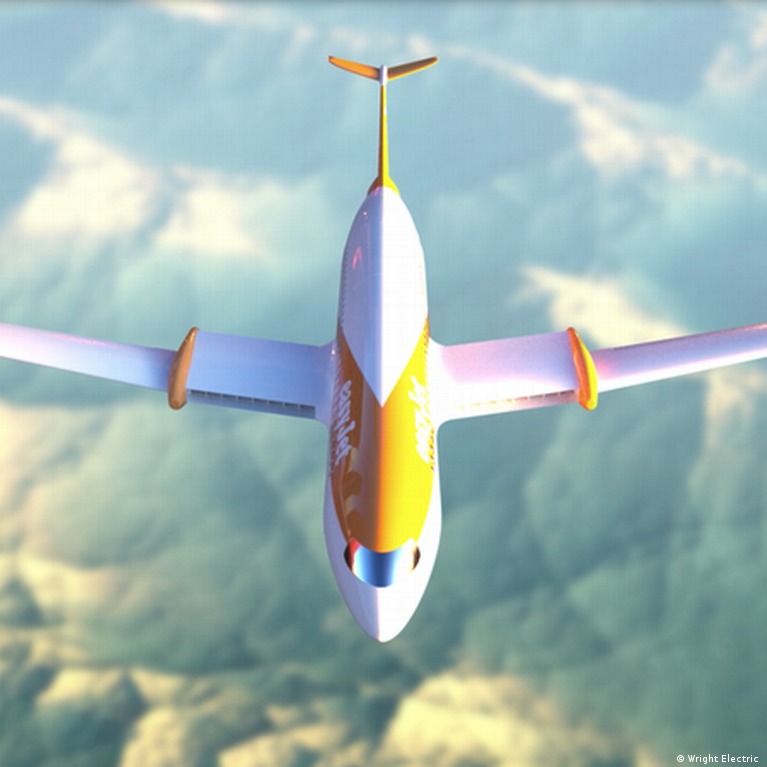
Josef Kallo: I would say in around 20 years. Electric flying makes the most sense for regional traveling — that is, for distances from 250 kilometers (155 miles) to a maximum of 2,000 kilometers (1,200 miles), since the range of battery-powered planes is only 60 percent of petroleum-powered ones.
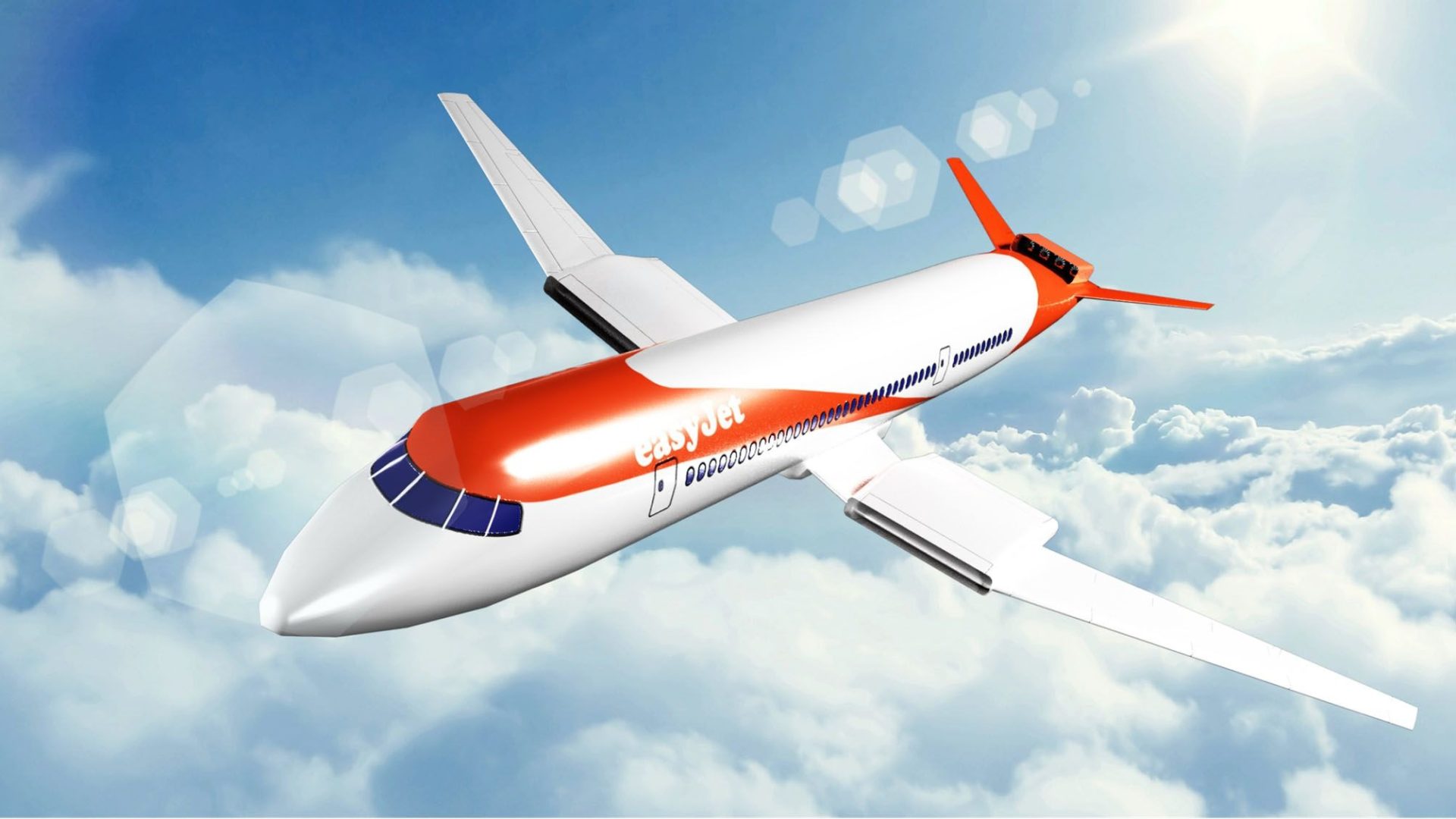
We are already building prototypes, but will continue to further develop and certify models in the next 10 to 15 years. Electric flying is definitely possible from a technological viewpoint. Whether it will also be implemented, however, is a matter of investment.
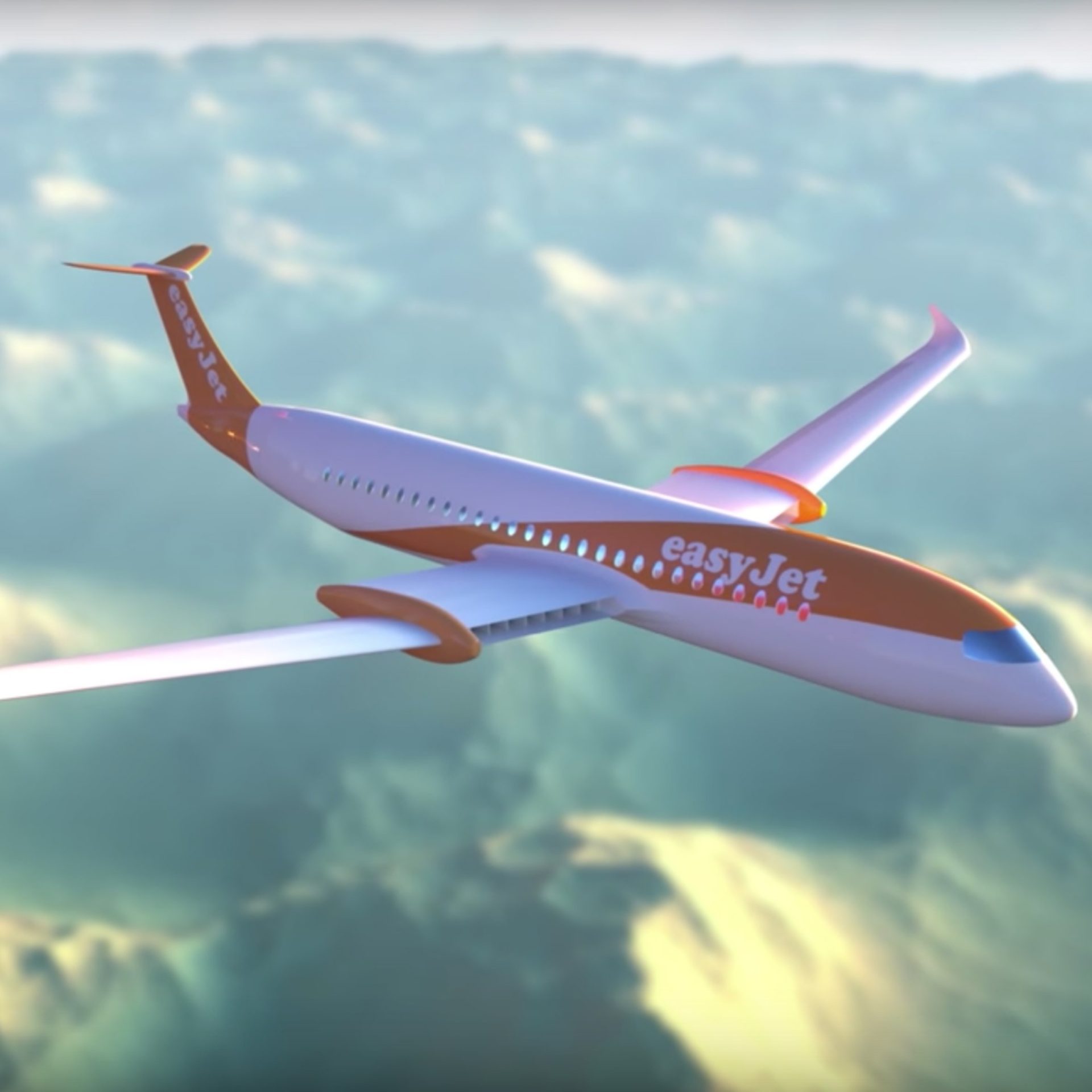
We could create small hubs for “air buses” with 10 to 12 seats, up to maybe 40 seats. Since electric planes are very quiet and only need a relatively short runway to take off and land, these hubs could be built close to cities. Passengers could book their journey with an app and decide whether they prefer taking the train or air bus, or a combination of both.
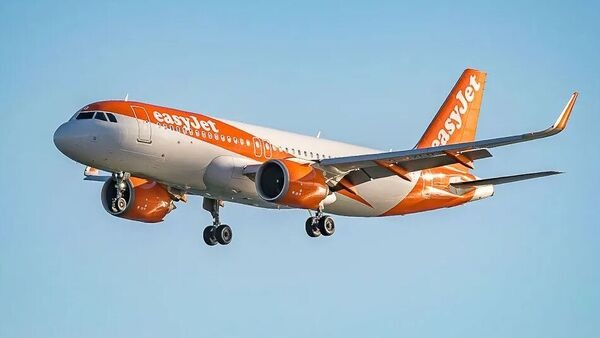
In Germany, the e-planes could connect rural areas where public transport isn’t yet well-developed. In the state of Baden-Wuerttemberg, for example, you need three hours to get from Aalen to Freiburg by train. With an e-plane, this would take less than 45 minutes.




